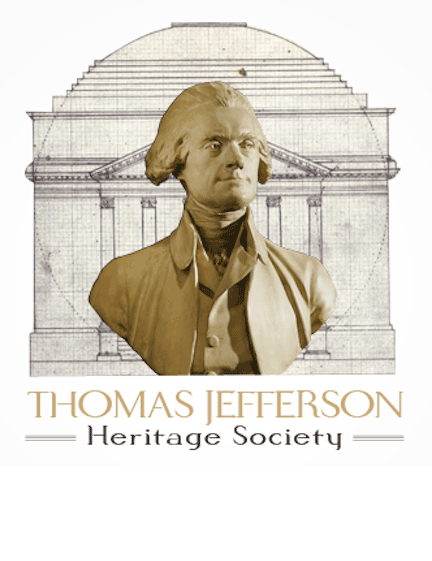Understanding Thomas Jefferson
E. M. Halliday
Reviewed by Richard E. Dixon
Despite the puff reviews on the jacket, this is not the book to read to "get to know" Thomas Jefferson. It is an entry in the Tom and Sally myth, mostly based on secondary sources, which attempts to raise Fawn Brodie's 1974 musings ("Thomas Jefferson: An Intimate History") to historical fact. The narrative flows smoothly under Halliday's writing style and will reinforce the opinions of those who are predisposed to accept the claim that Jefferson fathered children by his slave Sally Hemings. The book will be frustrating for one who is reading about this issue for the first time because Halliday piles inference on supposition and kneads them together so that it is difficult to separate fact from imagination.
Halliday skirts, as have other proponents of the paternity claim, that during the thirty-five years Hemings lived at Monticello after her return from France she was treated as a slave, and not one person made a direct reference to so much as a glance between her and Jefferson. This includes many of Jefferson's grandchildren who lived at Monticello, his two daughters, countless other relatives and visitors, and those slaves who could read and write, which included three of Sally's brothers freed by Jefferson, one of whom was in France with Sally.
For proof of paternity, we are asked to accept a newspaper interview of one of Sally's sons, Madison Hemings, conducted some fifty years after he was freed by Jefferson. Madison relates events that occurred before his birth, including the claim that Sally's first child was fathered by Jefferson in Paris, an oft repeated legend, unsupported by any record or witness. However, Halliday accepts the hearsay of the Madison Hemings interview, but then, on the grounds it is "hearsay," rejects the interview given by Jefferson's grandson, who spent much of his youth at Monticello, and who denied that his grandfather had a relationship with a slave.
Even though Halliday makes Jefferson into a public and private fraud, he inexplicably concedes at the end that Jefferson deserves his spot on Mount Rushmore.
